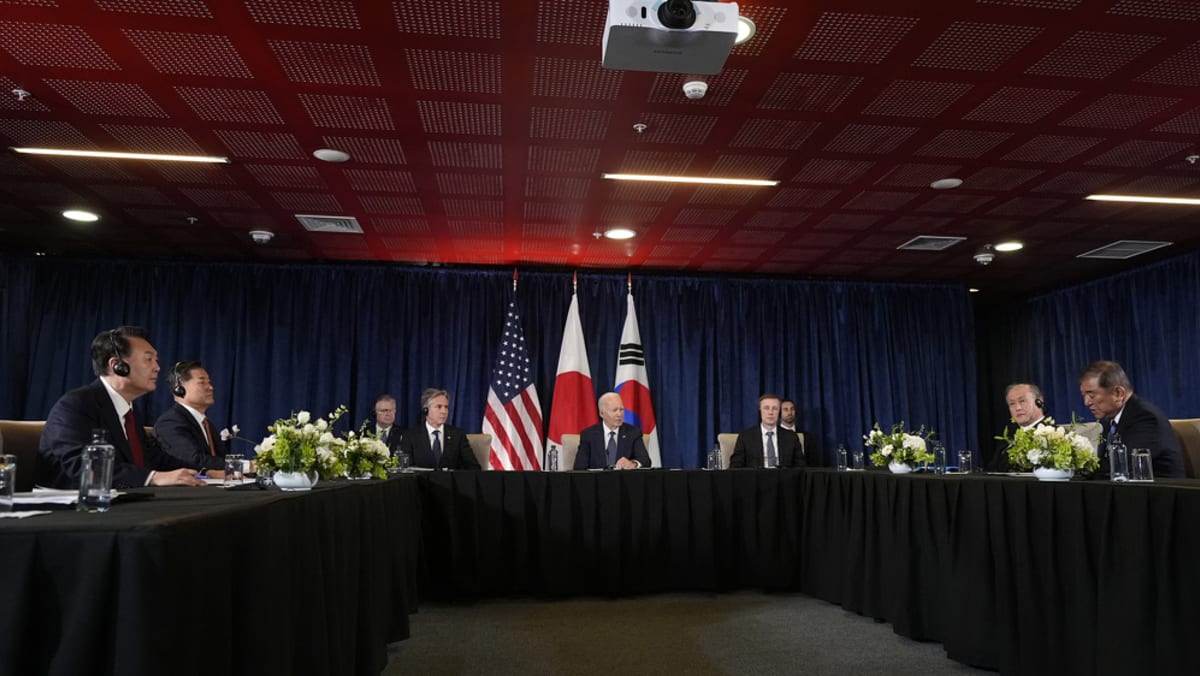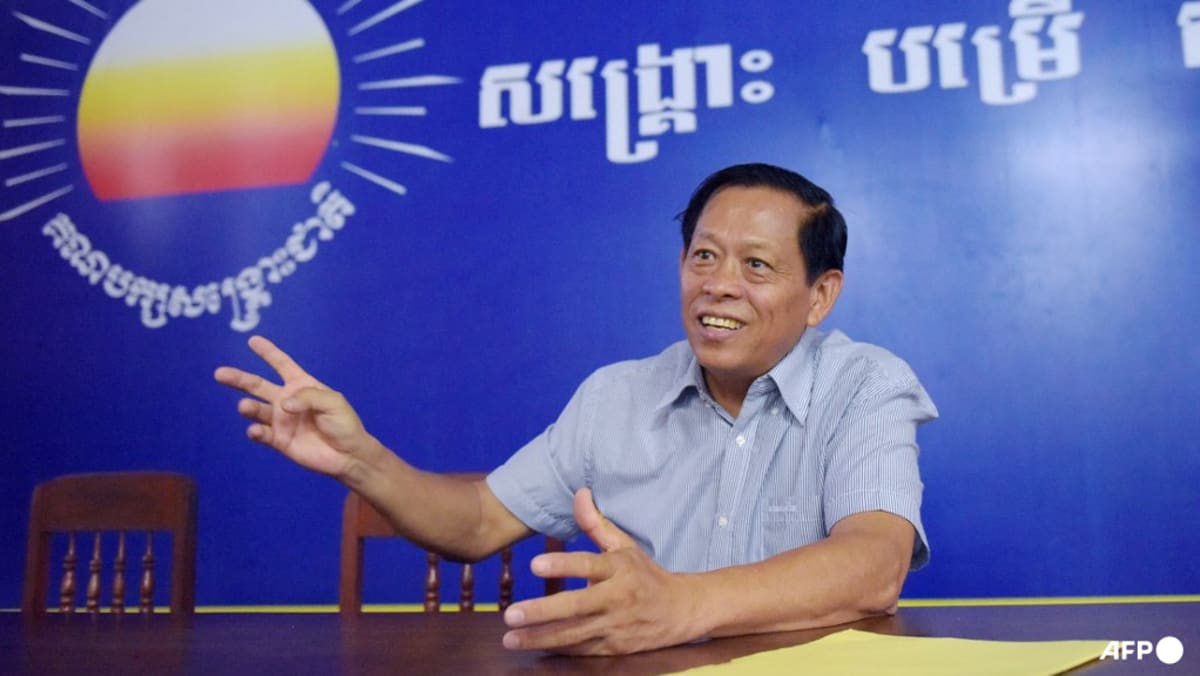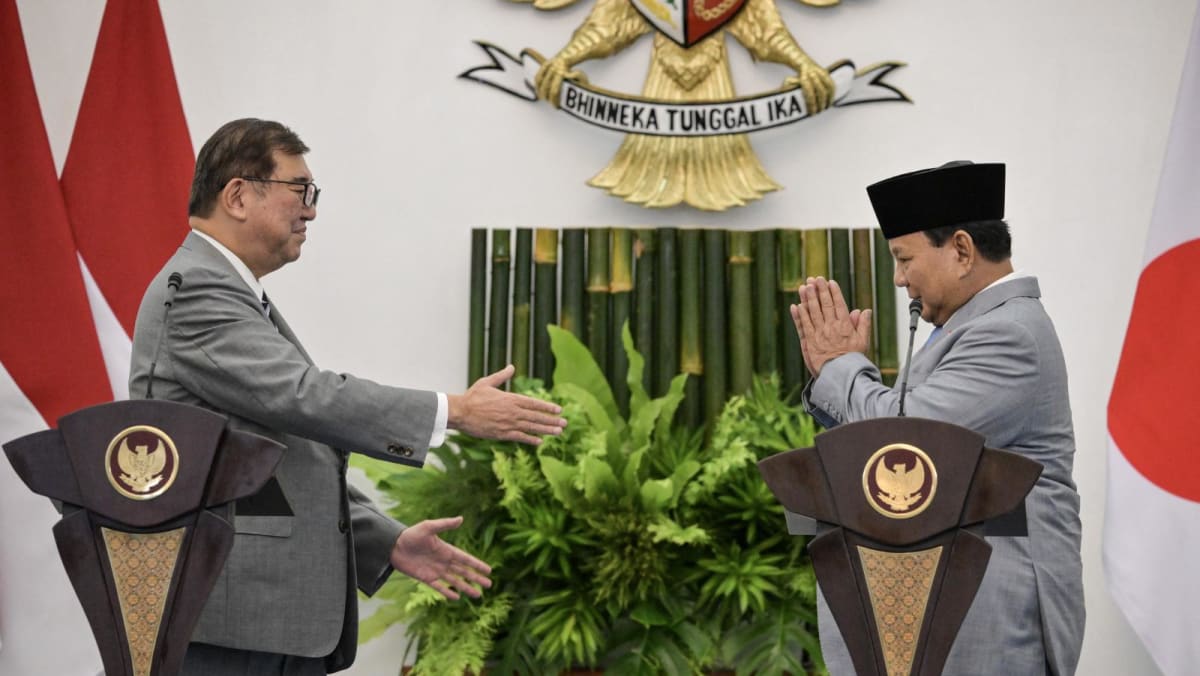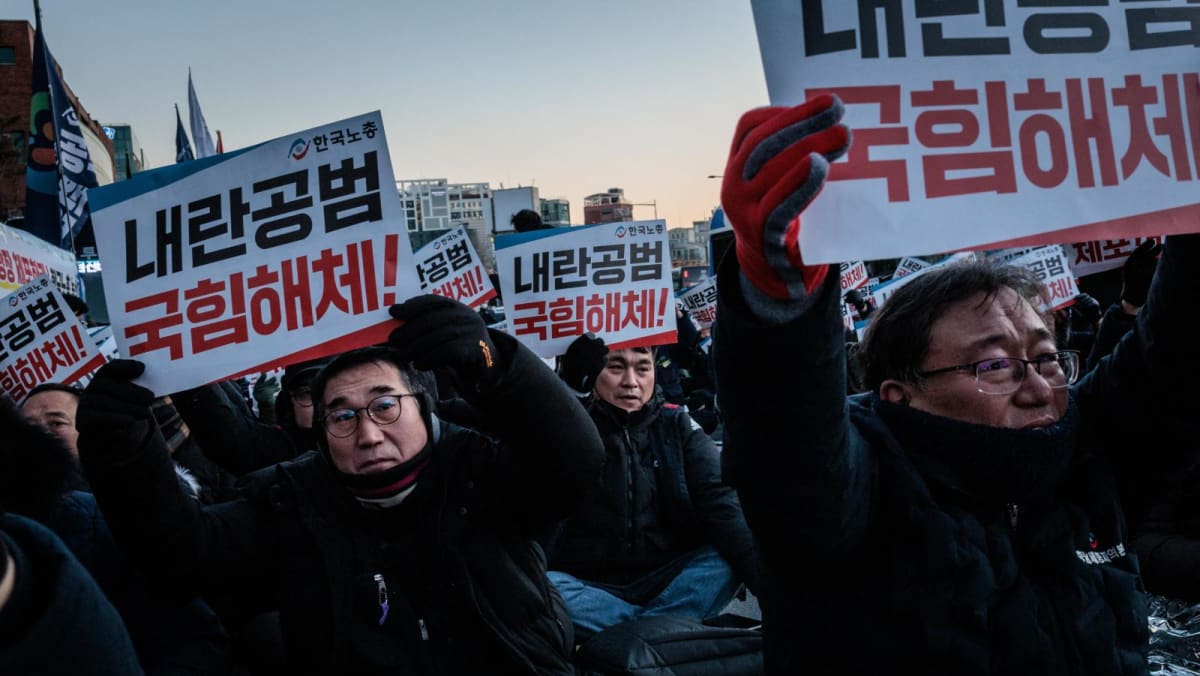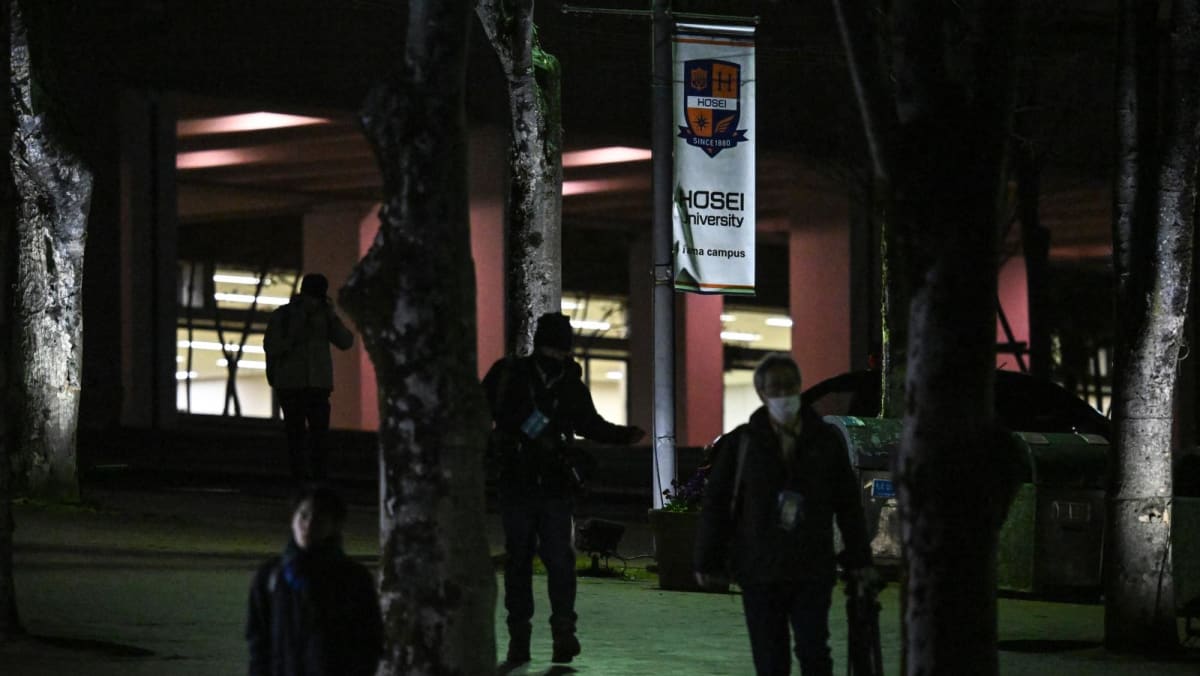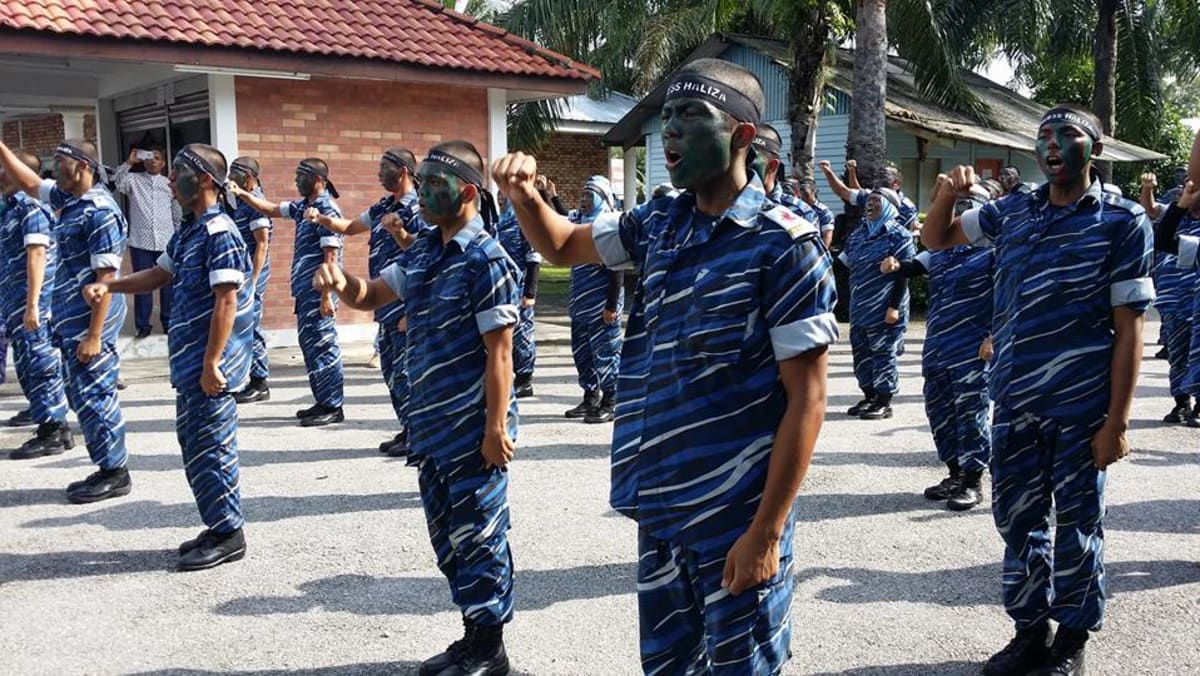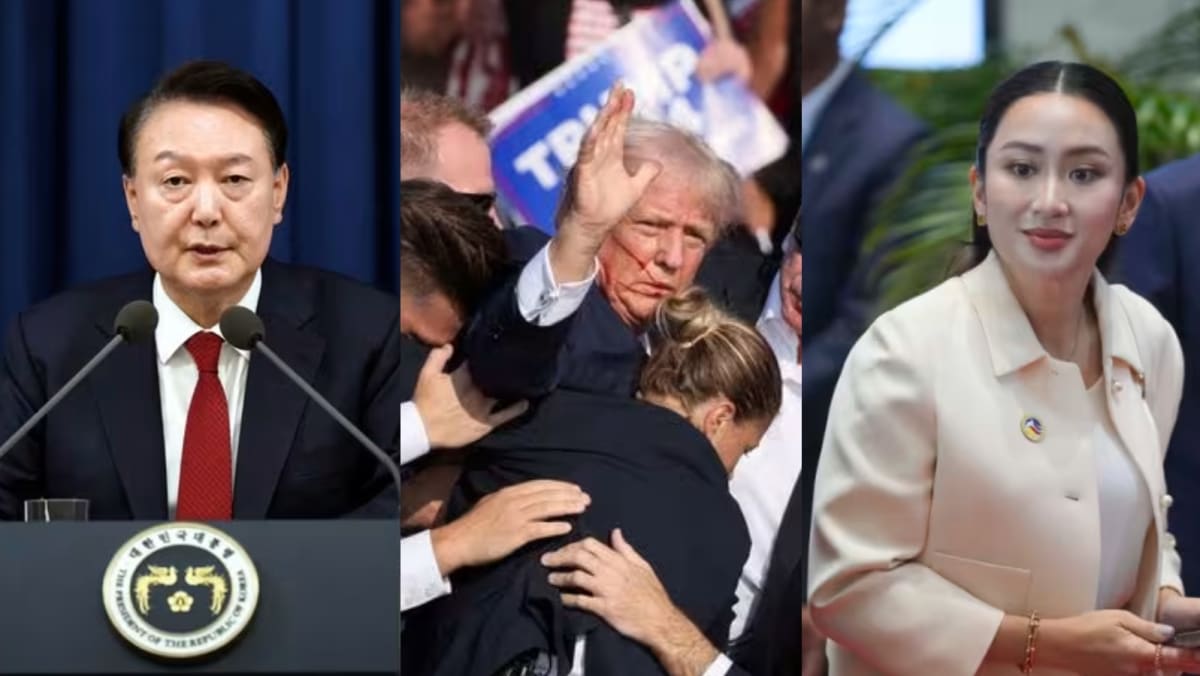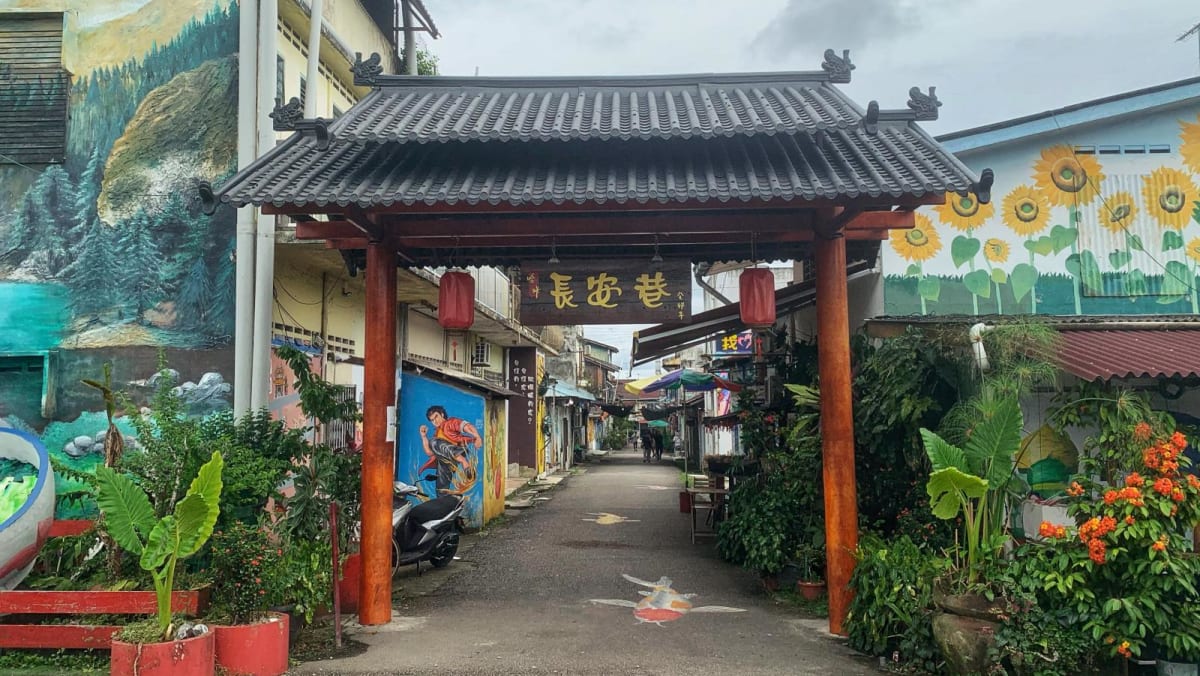Japan’s macho cheerleaders fight to save a tradition

TOKYO: They are drenched in sweat, their hands bloodied from clapping, and their voices hoarse from shouting – meet Japan’s predominantly male and unashamedly macho “leadership section” cheerleaders.
The cheerleaders are part of a century-old tradition that some fear faces an existential crisis, with fewer students showing an interest in the hardcore art form.
And now there is a push for the squads and their counterparts in Japan’s traditional “oendan” cheering groups to be registered as part of the country’s “intangible” cultural heritage.
The “leadership section” cheerleaders are a formidable sight. Dressed in old-fashioned school-style uniforms, they are a mass of black at college baseball games as they belch out chants, bang taiko drums and thrust their fists in rigid, martial moves.
“We give it our all to the point of ridiculousness, and that’s what makes us so cool,” said Taisuke Ono, 21, a member of a squad at Tokyo’s Waseda University.
“Even if we’re trailing by 10 points and there’s almost no chance of a comeback, we somehow manage to convince ourselves we can still win.”
Squads like Ono’s typically perform alongside brass bands and American-style, mostly women cheerleaders – a triumvirate known as “oendan” or “rooters”.
But the men-dominated “leadership sections” have seen their ranks shrink at a pace that far outstrips their counterparts, with around a dozen groups disappearing over 15 years, according to one survey.
Pandemic-era bans on shouting and restrictions on crowds only deepened the malaise.
Alarmed by the situation, dozens of universities joined forces last year in a campaign to win designation of the tradition as an “intangible cultural property”.
The label is awarded by Japan’s culture minister to activities seen as having unique importance, like calligraphy and traditional sake brewing.
Campaigners say the recognition would increase the squads’ prestige and encourage fresh recruits, while activities that have obtained the distinction in the past have been awarded government subsidies.
Source: CNA


